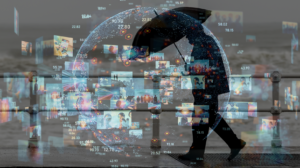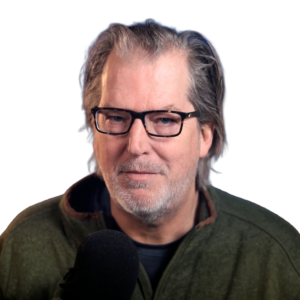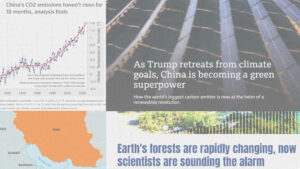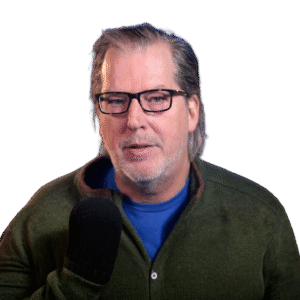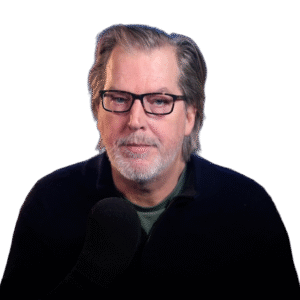
#76 | Frankly
The Battles of Our Time
Description
In today’s complex geopolitical landscape, battles and tensions seem to exist everywhere we look. Power shifts and compounding crises are opening up new landscapes for change. As we inhabit and define an unpredictable world order, we will increasingly face “battles” at the individual and community level, too. Now comes the real work for pro-social, pro-future, systems-aware humans.
In today’s Frankly, Nate describes some of the battles – or polarities – of our time: the tensions and dichotomies we face from the global macro level all the way down to the level of individual metacognition. Nate reflects on how each of these polarities contribute in their own unique way to the overarching battle of power versus life. By harmonizing and better navigating these polarities we can move away from the extremes embedded in the Superorganism dynamic and instead sow the seeds for cultures in service of life which can flourish in the wake of the existing world order.
What are the key polarities that define this wider struggle between power and life? And how might we navigate these tensions in the trade off between who we have become and who we might yet be, as individuals and as humanity as a whole?
Support The Institute for the Study of Energy and Our Future
In French, we have a motto that says that a simple drawing is often better than a long explanation. Jean-Marc Jancovici Carbone 4 President
That’s very understandable because with left atmosphere thinking, one of the problems is that you see everything as a series of problems that must have solutions. Iain McGilchrist Neuroscientist and Philosopher
We can’t have hundreds and hundreds of real relationships that are healthy because that requires time and effort and full attention and awareness of being in real relationship and conversation with the other human. Nate Hagens Director of ISEOF
This is the crux of the whole problem. Individual parts of nature are more valuable than the biocomplexity of nature. Thomas Crowther Founder Restor
Show Notes & Links to Learn More
Download transcript02:21 – US hegemony
02:26 – Multipolar world
02:40 – Endocrine disrupting chemicals + impact on male reproductive health
03:57 – A third of Americans have college degrees
04:10 – States with fewer college graduates voted Trump + Trump’s election fueled by working class support
04:42 – Real estate prices in Bozeman Montana
05:25 – Multilevel selection
05:38 – Big 5 personality traits
07:27 – The Carbon Pulse
08:47 – Total species on Earth
09:11 – We have lost 73% of wildlife populations
09:16 – Shanna Swan, temporal trends in sperm count
09:37 – We are losing 1-2% of insect biomass per year
10:22 – Dopamine
11:36 – Regenerative communities
12:04 – 19 terawatt economy
13:25 – Human-made mass outweighs all living biomass
16:35 – Brain stem + neocortex, evolution of the neocortex
21:40 – Sympathetic nervous system + parasympathetic nervous system
23:44 – Presentation with predictions
24:45 – The Pleistocene
26:42 – The Superorganism
27:00 – Mitochondria

